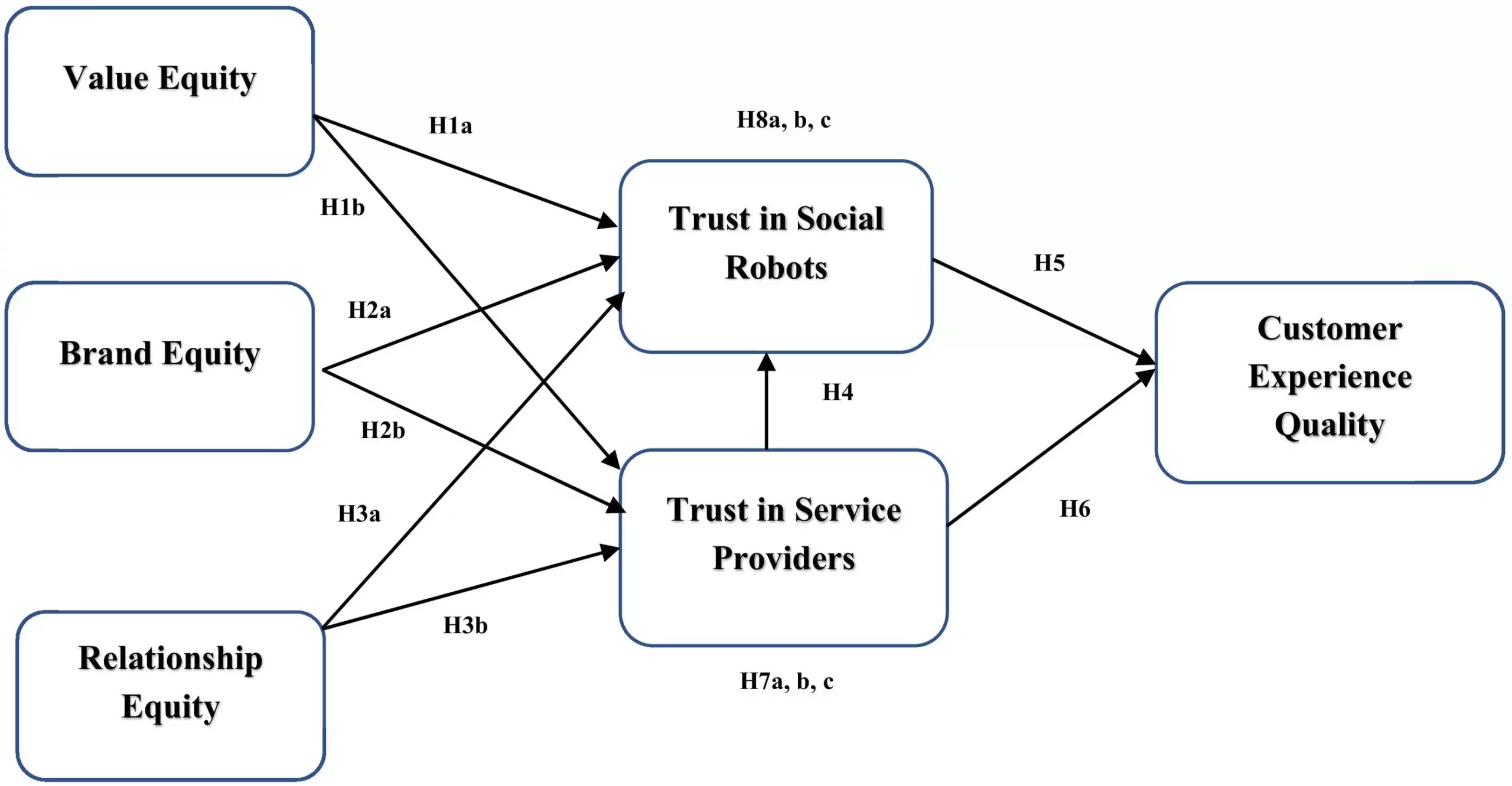The rise of artificial intelligence, particularly in the form of social robots, has sparked debates regarding their integration into commercial settings. A study conducted by Edith Cowan University (ECU) delves into the potential benefits and challenges associated with using social robots in providing services to customers. The research, led by Marketing and Service Science Professor Sanjit Roy, explores the relationships between various customer equity drivers, trust in social robots, and trust in service providers. The findings of the study shed light on the potential role of social robots in enhancing customer experiences and service delivery.
Enhancing Customer Experiences
Professor Roy emphasizes the importance of technology augmenting rather than substituting human workers in the services industry. Social robots have displayed capabilities that go beyond mere automation, acting as entertainers, social facilitators, and even mentors to customers. The transformative potential of social robots lies in their ability to perform a wide range of functions, from handling repetitive tasks to assisting in complex cognitive assignments. These advancements not only benefit service providers by increasing operational efficiency but also create value equity for customers through improved service quality.
An essential component of customer experience is the establishment of trust. Successful interactions with social robots serve as the foundation for building long-term relationships with customers. Each positive interaction contributes to the development of trust, ultimately shaping customer perceptions of social robots and service providers. While the lack of authenticity in robot-human interactions may pose challenges, the efficiency and convenience offered by social robots can offset such concerns.
Challenges and Opportunities
Despite the potential benefits of using social robots in service delivery, there are limitations to consider. The authenticity and friendliness of human employees may be irreplaceable by robots, affecting the relational aspects of customer interactions. However, the utilitarian benefits provided by social robots, such as efficiency and convenience, can outweigh these drawbacks in certain contexts. Understanding the boundary conditions that influence customer preferences is crucial for service providers looking to implement social robots effectively.
Trust in service providers plays a pivotal role in shaping customer perceptions of social robots. Customers who lack direct experience with technology rely on other cues to form opinions about their trustworthiness. Service providers can foster trust by emphasizing brand equity and nurturing long-term relationships with customers. Transparent communication, reliable services, and consistent delivery on promises are key factors that contribute to building trust and enhancing customer experiences with social robots.
The integration of social robots in service delivery has the potential to transform customer experiences and enhance operational efficiency for service providers. By focusing on building trust, emphasizing brand equity, and nurturing relationships with customers, businesses can optimize the use of social robots in their operations. While challenges exist in replicating human interactions authentically, the utilitarian benefits offered by social robots can offset these concerns. As technology continues to evolve, understanding the impact of social robots on customer equity drivers remains crucial for businesses seeking to stay competitive in an increasingly digital world.


Leave a Reply